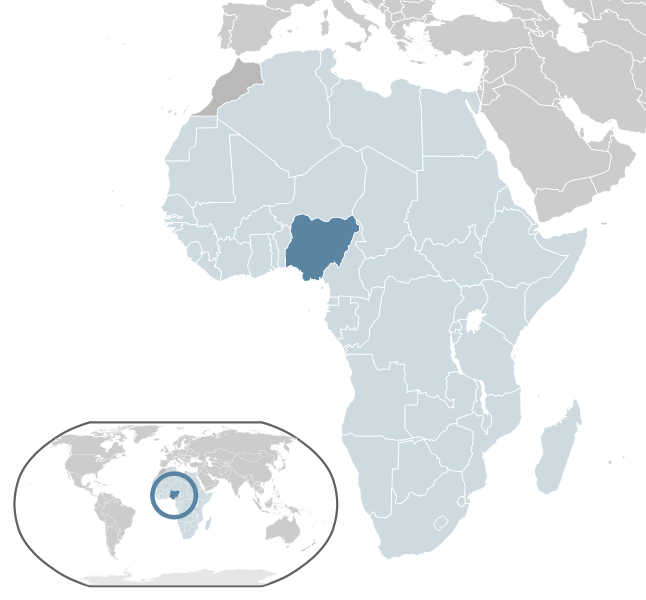The Nigeria Centre for Disease Control (NCDC) has intensified its response to the Lassa Fever outbreak as the number of confirmed Lassa Fever cases from January 1 this year rose to 317 as at the 25th of February 2018, crossing the total number of confirmed cases recorded in 2017.
The outbreak has affected 18 states since the first case was detected on 1 January 2018, resulting in 72 deaths caused by the acute viral haemorrhagic fever. A total of 2,845 people who have come into contact with patients have been identified and are being monitored.

Three states in Nigeria; Edo, Ondo and Ebonyi State carry 85% of the burden of Lassa fever cases currently.
Given the unprecedented outbreak, the Nigeria Centre for Disease Control has raised the activation of its Emergency Operations Centre to its highest possible level. With this escalation, all the resources available to the agency will be focused primarily on controlling this outbreak. The World Health Organisation and other partners are also mobilizing resources to support activities of the Centre and the States most affected.
Search, Compare & Book a Flight today with Airfarewatchdog and Save Big!
The World Health Organization is supporting the NCDC-led response with a focus on strengthening coordination (including through the Global Outbreak Alert and Response Network), surveillance, contact tracing, laboratory testing, clinical management of patients, and community engagement. State health authorities are mobilizing doctors and nurses to work in Lassa fever treatment centres.
“The ability to rapidly detect cases of infection in the community and refer them early for treatment improves patients’ chances of survival and is critical to this response,” said Dr Wondimagegnehu Alemu, WHO Representative to Nigeria.
Health facilities are particularly overstretched in the southern states of Edo, Ondo and Ebonyi. WHO is working with health authorities, national reference hospitals and the Alliance for International Medical Action (ALIMA) to rapidly expand treatment centres and better equip them to provide patient care while reducing the risks to staff. Among those infected are 14 health workers, four of whom have died.
At-home testing kits for Syphilis from $79. Affordable, 100% Confidential, 5 Minute Testing. Order now!
“Given the large number of states affected, many people will seek treatment in health facilities that are not appropriately prepared to care for Lassa fever patients and the risk of infection to healthcare workers is likely to increase,” said Dr Alemu.
NCDC calls on all Nigerians, especially those living in Edo, Ondo and Ebonyi States to continue focusing on prevention by ensuring they prevent access to their foodstuff by rodents. For those that fall ill with fever, it is important to go to a healthcare facility in order to get a test that will determine the cause of the fever, before treating.
Lassa fever is an acute viral hemorrhagic fever illness that is known to be endemic in various West African countries including Nigeria and causes outbreaks almost every year in different parts of the region, with yearly peaks observed between December and June.
Lassa fever is transmitted to humans via contact with food or household items contaminated with rodent urine or feces. Person-to-person infections and laboratory transmission can also occur.


One thought on “Lassa fever ‘unprecedented outbreak’ recorded in Nigeria”